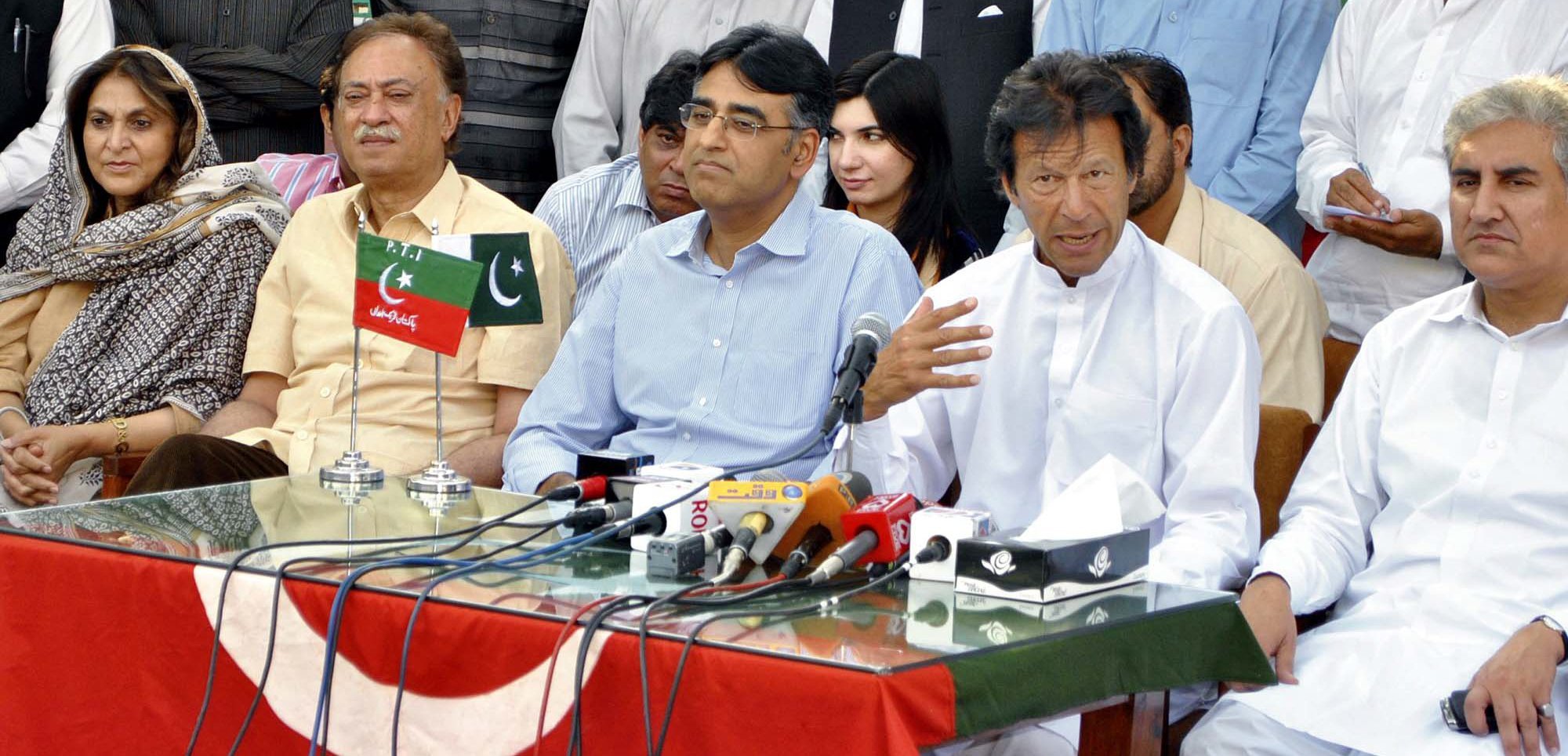
He said Pakistan was facing an adverse economic situation because of flawed policies of previous governments.
“We are deliberating on (various) options. We will map out a plan over the next few days and we will share it with the parliament,” the finance minister said.
The parliament, he said, would decide whether or not the government should approach the International Monetary Fund (IMF) for loans.
Pakistan receives $439m in foreign loans in July
He said that a decision in this regard would be taken after taking the legislature into confidence.
As the new government grapples with economic challenges, reports have emerged that the government is set to move the IMF, seeking loans for stabilising the national economy.
“The Parliament will be kept in the loop on this matter – It will be duly consulted (in this regard),” the finance minister told members of the Senate.
The Senate’s session was held under the acting Chairman, Saleem Mandviwalla.
Umar briefed the upper house of the parliament about steps the new government was taking for improving domestic economic situation in addition to complying with recommendations of the Financial Action Task Force (FATF).
Prime Minister Imran Khan would chair a meeting to discuss options to take stricter action against the Hawala-Hundi business and other forms of currency smuggling, the minister said.
“The PM chaired a meeting yesterday (on Thursday). Another meeting is scheduled (to be held) on Monday. We need to take some concrete actions before the upcoming FATF review.”
Crisis severe, no option to be ruled out, says Asad Umar
The FATF review would be held in Jakarta, Indonesia, on September 11-12, Umar said.
“Complying with FATF recommendations is in our own best interest,” he said.
FATF had asked Pakistan to address 27 loopholes in three major categorises.
“By addressing these deficiencies, we can get things in order … for our benefit.”
Prior to the FATF review, the government will hold an internal review to evaluate the progress made in this regard, Umar said.
In this connection, the newly-formed National Executive Committee (NEC) will hold a meeting on September 8, the minister said.
The international financial task force officially moved Pakistan from its white to grey list in June this year and gave the country a 15-month deadline to take steps against terror financing. Failure to comply with FATF recommendations could result in Pakistan’s placement on the ‘black list’, resulting in serious economic sanctions.
World Bank pegs future budgetary support to viable economic plan
“But (I see) no reason for us not to address FATF concerns by the given deadline. This situation is an opportunity for us to put our house in order,” the finance minister said.
However, he criticised FATF for placing Pakistan in its ‘grey list’ in “disregard of the prevailing conditions and ground realities”.
The minister denied the FATF team’s visit to Pakistan earlier this month had anything to do with Pakistan’s placement on the ‘grey list’.
Improving foreign remittances
Umar said that the federal government was also taking steps to improve foreign remittances.
He said that the government was planning to issue Diaspora and Sukuk bonds.
Asad Umar briefs PM on state of economy
He appreciated the previous government’s decision to issue Overseas Pakistanis Certificates.
“I will chair a meeting today (Friday) to discuss options to fast-track both these measures; issuance of Diaspora and Sukuk bonds, and Overseas Pakistanis Certificates.”
Recently, he said, the State Bank of Pakistan had introduced a mobile phone remittance application for transferring money from abroad.
“This is an excellent facility.”
A third option for improving remittances would be announced in a week, the finance minister said. “This initiative would facilitate overseas Pakistanis.”
1719315628-0/BeFunky-collage-(8)1719315628-0-405x300.webp)


1731329418-0/BeFunky-collage-(39)1731329418-0-165x106.webp)













COMMENTS (1)
Comments are moderated and generally will be posted if they are on-topic and not abusive.
For more information, please see our Comments FAQ